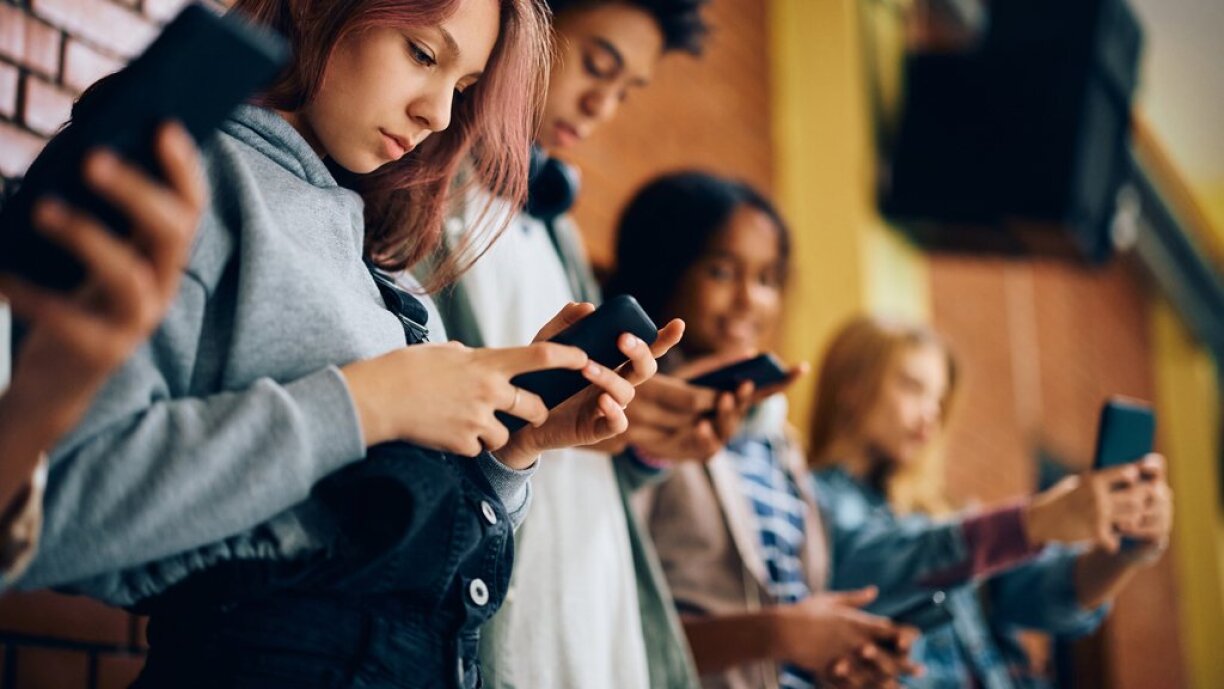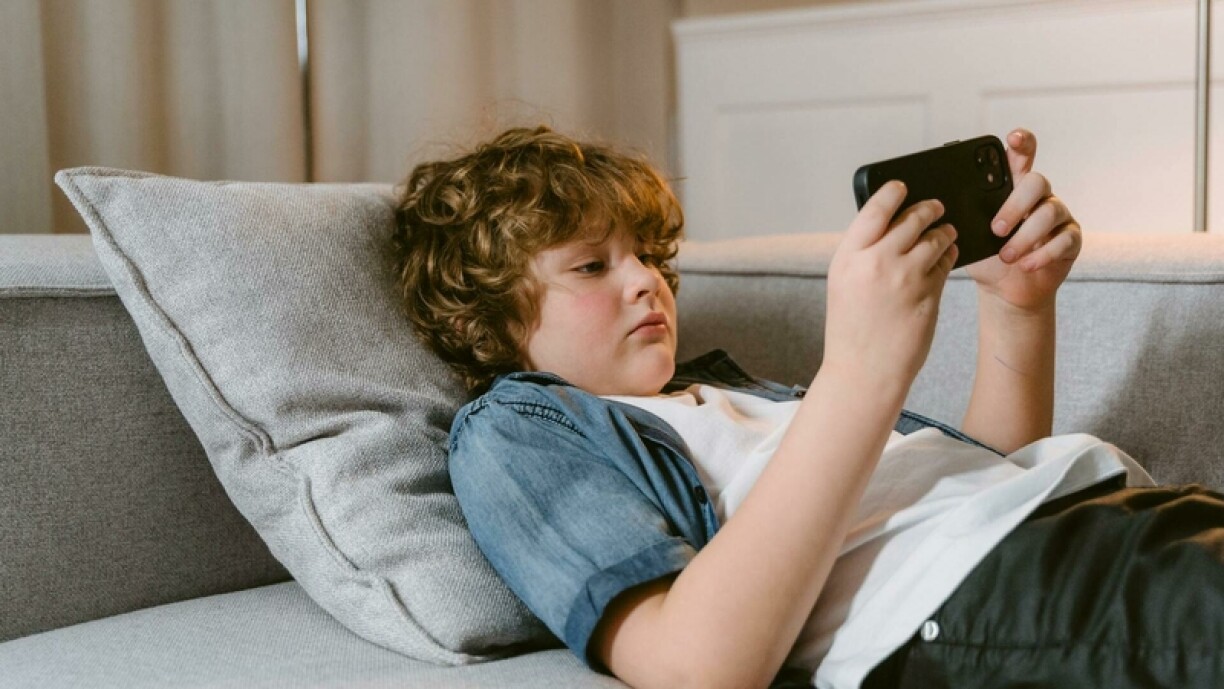
Human beings are social creatures, and relationships are fundamental to our well-being. While social media promises easier connection, its impact on the depth and quality of genuine friendship is a subject of increasing scrutiny.
The nature of friendship evolves significantly throughout life. In childhood, bonds are formed with effortless immediacy. However, as individuals mature, the role of friends undergoes a profound shift. Teenagers often gravitate towards peers to forge their identity, a natural step away from the family unit. This dynamic changes again in adulthood, where increasing responsibilities from career and family can limit opportunities for spontaneous social connection.
According to Prof Claus Vögele, a health psychologist at the University of Luxembourg, this shift is structural. “Adults often start families, and then there are more people in the household”, he explains. “A person thus has many more duties than before, when they were single [...] With obligations, you go out less and probably limit your circle to people who have similar interests”, the professor observes.
For Prof Vögele, a true friendship transcends casual acquaintance or digital connection. Academic research defines it by three core characteristics:
In the modern world, finding such profound connections is a challenge. The digital landscape, while facilitating a high volume of superficial contacts, may paradoxically be where the deepest threat to these essential bonds lies.
Prof Vögele identifies a central paradox of digital connection: it can devalue the very bonds it seeks to create. “A friendship can begin with a click, but it can also be ended with a click”, he warns. This dynamic, he argues, fosters an “illusion” of infinite social choice, leading individuals to believe a better friend is always available.
This mindset is fundamentally at odds with the nature of deep friendship. “To end a friendship the moment the first conflict arises – which happens in every friendship – and immediately start searching for a better option, that’s just an illusion”, Prof Vögele states. The low stakes of online interaction encourage a lack of commitment, making it easier to abandon a connection at the first sign of difficulty rather than investing in its resolution – a phenomenon also observed in the realm of online dating.
He further emphasises that digital platforms are merely a starting point. “A friendship can begin with a click, but you then have to leave the virtual platform and meet in person to get to know someone completely”, he explains. True familiarity requires shared physical experiences and non-verbal cues that cannot be replicated online.
Contrary to the assumption that busy adults are the most isolated, Prof Vögele points to two demographic groups where loneliness is most acute: the young and the elderly.
For younger people, the very structure of digital socialisation plays a significant role.

For older adults, loneliness is compounded by societal factors. Prejudices that associate old age solely with loss and weakness can lead to social withdrawal. Additionally, their social networks are inevitably diminished as lifelong friends pass away.
While digital media has become an indispensable part of modern life and served as a crucial tool against isolation during the pandemic, experts like Prof Vögele caution against an uncritical embrace. He dismisses the notion that its risks can be easily managed, stating, “It was naive to assume that you just have to use digital media correctly.”
Prof Vögele advocates for stronger protective measures, particularly for younger users, and supports policies that limit unrestricted access. He points to Luxembourg’s decision to restrict mobile phone use in schools as a positive step. “Young people do not possess all the skills needed to protect themselves from all the effects of social media”, he explains, emphasising that responsible use is a skill that must be taught gradually and age-appropriately.
The professor’s central concern is the cost of constant connectivity on lived experience. He urges individuals to consciously disengage. “People walk around in their daily lives staring at their phones and no longer even see the people coming towards them”, he observes, adding, “They are missing out on life!”
While occasional loneliness is a universal human experience, Prof Vögele highlights the severe consequences when it becomes chronic. Sustained isolation, he notes, has tangible detrimental effects on both psychological and physical well-being, including a weakened immune system and a heightened risk for depression and anxiety disorders.
His prescription for health is straightforward yet profound: “Go out and take every opportunity to meet people.” In this context, friendships are recast not merely as a social luxury, but as a fundamental form of preventative healthcare.
